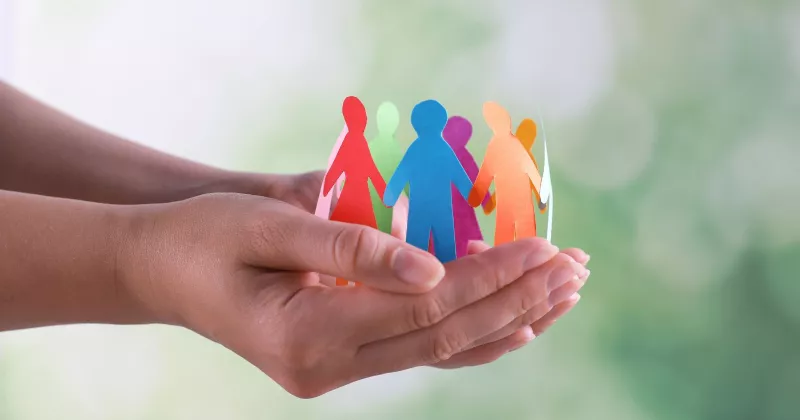Social (Media) Inclusion Toolkit

The partners of the Erasmus+ funded project "Social (Media) Inclusion" have co-created a toolkit!
Access the toolkit via our website here: https://smiproject.eu/wp-content/uploads/2021/03/SMI-Toolkit_final-1.pdf
This toolkit covers five main subjects:
- Social (media) education and digital divides
- The digital identity
- Digital dangers
- Online perceptions and discrimination
- Social media, cultural heritage and social inclusion.
These subjects include lesson aims, outcomes, subject material and content, activities, explanations, external resources and case studies.
It is free for anyone to use, and we encourage you to adapt it to the needs and background of your target group.
If you can spare 5-10 minutes, we would be very thankful if you could complete this questionnaire to give us some feedback about our work and the impact it has had: https://forms.gle/9KSccP7SbBAh9jBr7
The presentations of our online training are also free accessible via the project website: https://smiproject.eu/presentations/
The training course is part of the project Social (Media) Inclusion, which rotates around the concept and perception of good and bad use of “social media” and the impact that this has on a local, global and national scale. In particular, we look at the relation between social media and the perception of migrants in local communities, and how this can be influenced by online hate speech and disinformation, as well as the instrumentalization of the so called “refugee crisis” by right wing groups to destabilise democracy and community cohesion.
Via these resources, you can learn more about
- The influence of social media on the perception of migrants in society, including its political and social role on a global scale.
- Digital identity and personal branding; rights and duties on the Internet; recognising fake profiles and protecting ourselves against fraudsters; recognising trolls, provocateurs and exhibitionists.
- Digital dangers; how to navigate online in order to avoid harming others, as well as to protect others and ourselves from deliberate online attacks; other forms of danger online: cyberbullying, cyberstalking, sexting, sextortion, grooming, phishing, etc.; fake news and disinformation as a form of cyber warfare; how migrants have been used by extremists to pursue their political, social and economic goals.
- Discrimination on social media, and ways of dealing with online hate speech or trolls.
- Positive and constructive uses of social media: how to use social media and cultural heritage in order to build up a better and more inclusive society.
If you want to learn more about the “Social (Media) Inclusion” project, contact Jessica Sofizade by emailing jessica@kairoseurope.co.uk
The project website for Social (Media) Inclusion is: https://smiproject.eu/
There is also an active social media presence on Facebook: https://www.facebook.com/SocialMediaInclusion/
Thank you!




